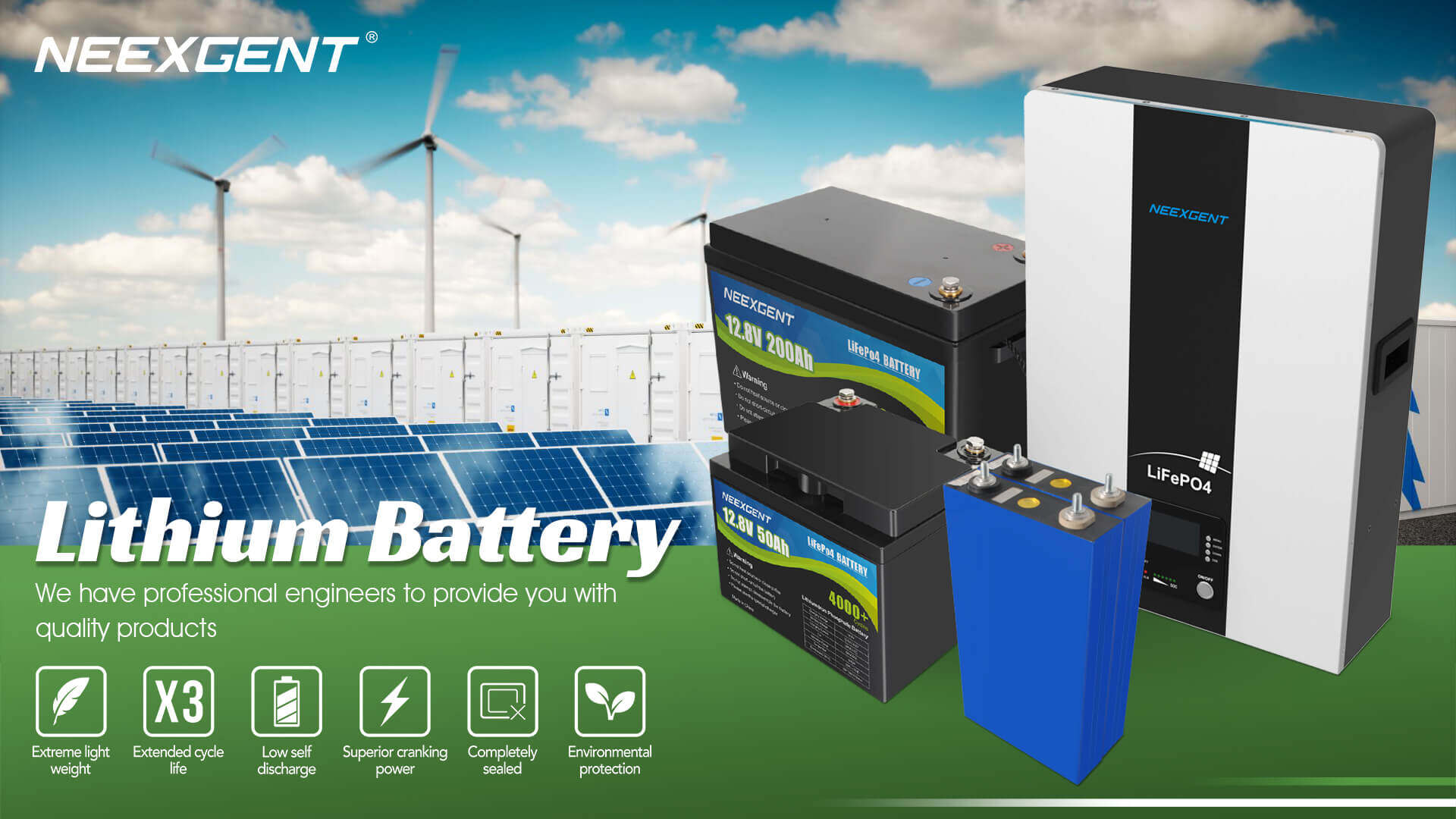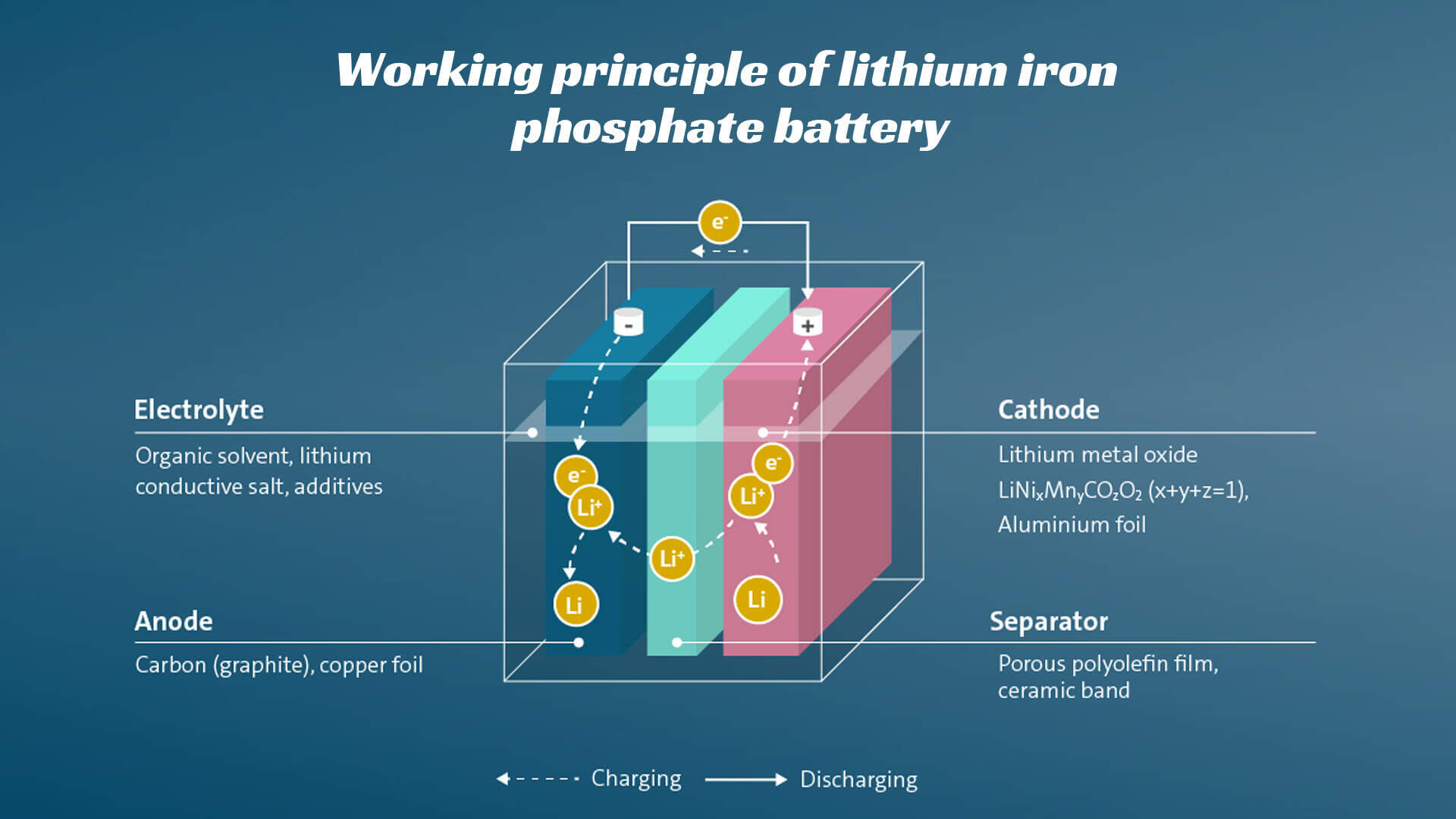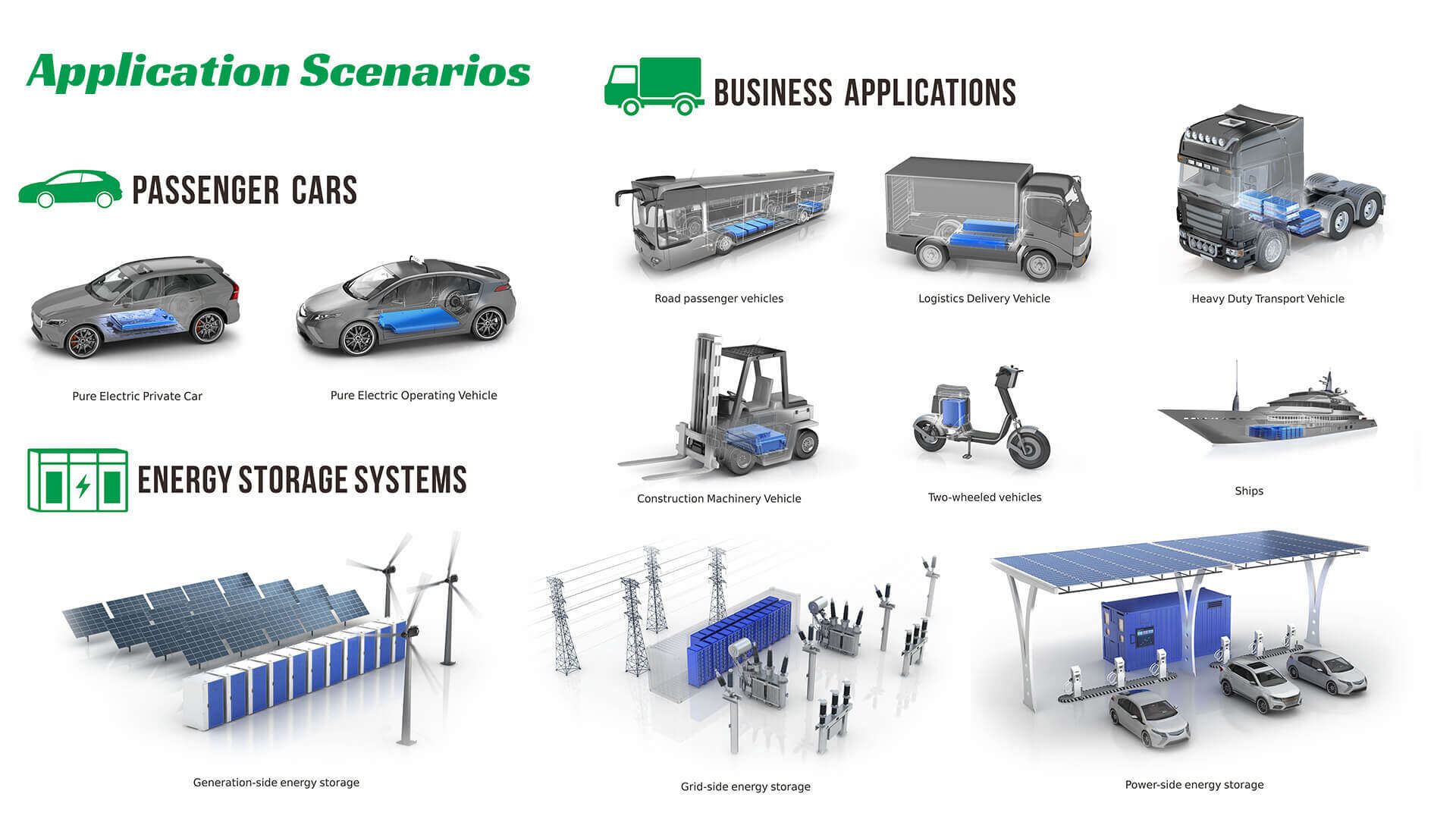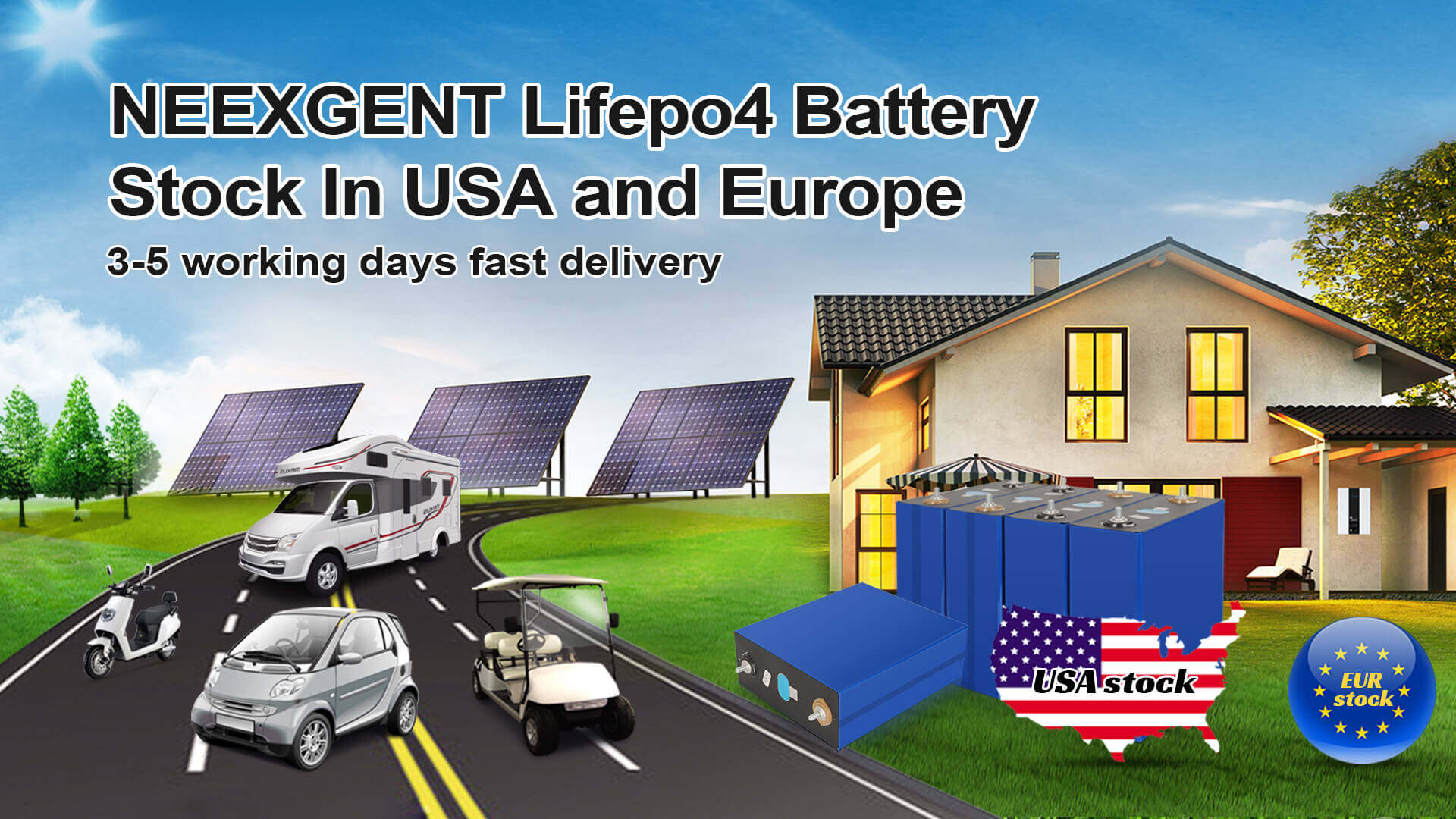
Lithium-ion batteries are one of the most popular types of batteries on the market today. They are used in everything from cell phones to laptops to electric cars. But how do they work?
Lithium-ion batteries are made up of two electrodes, a positive electrode (the anode) and a negative electrode (the cathode). In between these electrodes is a separator, which keeps the two electrodes from coming into direct contact with each other.

When the battery is charging, lithium ions flow from the positive electrode to the negative electrode. When the battery is discharged, the lithium ions flow back to the positive electrode. This flow of ions creates an electrical current, which powers the device the battery is powering.
The amount of charge a lithium-ion battery can hold depends on the size of the electrodes and the type of separator used. The larger the electrodes and the more efficient the separator, the more charge the battery can hold.
Lithium-ion batteries are used in a wide variety of devices because they are small, lightweight, and have a high charge capacity. They do have some drawbacks, however. They can be expensive, and they require careful handling to avoid damaging the electrodes or separator.
If you're looking for a battery for your cell phone, laptop, or electric car, a lithium-ion battery is a good option. Just be sure to follow the manufacturer's instructions for charging and discharging to avoid damage to the battery.

Lithium ion batteries are rechargeable batteries that have a high energy density and are used in a wide variety of electronic devices. Lithium motorcycle batteries are used in motorcycles because they are lighter and have a higher energy density than lead-acid batteries. Lithium batteries for golf carts are used because they are more powerful and have a longer lifespan than lead-acid batteries. LiFePO4 batteries are used in a variety of applications because they are safer than lithium ion batteries and have a longer lifespan.
Lithium ion batteries are widely used in a variety of electronic devices, from cell phones to laptops to electric vehicles. These batteries are known for their high energy density and long life span.
This movement of ions creates an electric current that can be used to power electronic devices. Lithium ion batteries are highly efficient and can be discharged and recharged many times without losing their capacity.if you're using a device that is powered by a lithium ion battery, you can be confident that you're using a reliable and long-lasting power source.
The benefits of lithium ion batteries over other types of batteries include their high energy density, low self-discharge rate, and low maintenance cost. They also have a longer lifespan than other types of batteries.

Some of the disadvantages of lithium ion batteries include their high initial cost and the fact that they can be dangerous if not used properly.if you are considering using lithium ion batteries for your next project, be sure to do your research to ensure that they are the right choice for you.









